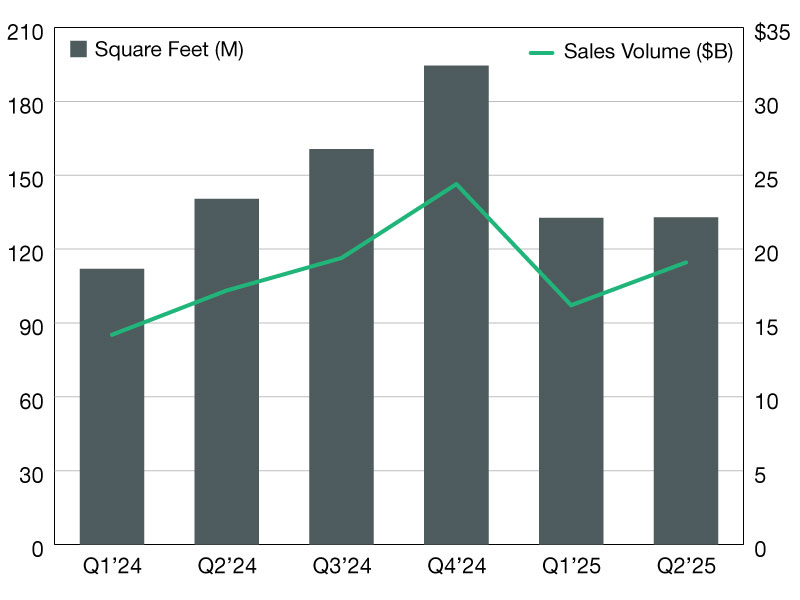Economy Watch: J.P. Morgan Holds Off on Foreclosures in 23 States
J.P. Morgan Chase said that it was halting foreclosures for the time being in about half of the country because of oddball paperwork. The move affects roughly 56,000 borrowers in 23 states.
September 30, 2010
By Dees Stribling, Contributing Editor
It turns out that a lot of people whose houses are being foreclosed are sticklers for paperwork. Or at least their lawyers are: “Show us the loan documents, with all the i’s dotted and t’s crossed, or we’ll block the foreclosure in court,” is an increasingly common refrain against lenders.
On Wednesday, apparently revising its tactics in the foreclosure arena, mass lender J.P. Morgan Chase said that it was halting foreclosures for the time being in about half of the country because of buggy paperwork. The move affects roughly 56,000 borrowers in 23 states.
As a big kahuna among U.S. banks, J.P. Morgan will probably influence other banks to delay foreclosures to sort through things. It’s an industrywide problem, because it turns out that underwriting standards weren’t the only thing lax about residential lending in the early- to mid-2000s.
Warren to Banks: Ditch the Fine Print
Just what did Elizabeth Warren say to the Financial Services Roundtable Leadership Dinner–a lot of top U.S. bankers, in other words–on Wednesday? The headlines varied: “In Speech to Bankers, Warren Minces No Words,” (Fox) and “Warren extends olive branch to bankers,” (Washington Post), to cite two fairly different examples. In fact both characterizations of the speech have merit.
Mostly the speech was about the coming crusade by Warren, de facto consumer affairs czar, against fine print in mortgages, credit card contracts and other agreements that affect middle-class borrowers. Fine print, or as bankers sometimes call it, “mice type” or “negotiated contract terms.” Warren said to the bankers re fine print: “On a polite day, my brothers in Oklahoma call that kind of stuff ‘garbage.’
“Instead of seeing banks as their friends… too many American see dealing with banks like handling snakes–do it long enough and you’ll get bit,” she continued. “An AARP poll earlier this year showed that 96 percent of Americans over 50 surveyed want to put an end to the fine print in their credit agreements. Just in case you missed the point, 91 percent felt strongly about that. 96 percent? These are your customers.”
Still, there was some olive-branch elements in the speech. “I come to Washington as a genuine believer in markets and a genuine believer that the purpose of regulating the consumer credit market is to make that market work for buyers and sellers alike: a level playing field where the best products at the best prices win,” she said. “Good regulation is not about impeding market forces; it is about unleashing those forces to work better. Good regulation is not about retribution designed to make an industry suffer; it is about rooting out deception so that straight up competition actually works.”
Fed’s Possner Optimistic, Mostly
Less noticeably, but also on on Wednesday, Charles I. Plosser, president of the Federal Reserve Bank of Philadelphia, gave a fairly upbeat speech to the Greater Vineland Chamber of Commerce in Vineland, New Jersey. “I believe we are in the midst of an economic recovery—a modest one, but a recovery nonetheless,” Plosser noted. “Over the last few months, we have experienced something like the summer doldrums. The tail winds that helped propel the economy earlier in the year have waned. Yet such a slowdown is not unusual in the early phases of recovery, and we should not overreact.”
Unemployment, however, is and will continue to be the 800-lb. gorilla perched on top of the country’s sense of economic well being. “Hiring will pick up over the rest of this year and in 2011,” Possner asserted, though the gorilla isn’t going away. “But it may take even longer to address the sectoral, geographic, and skill imbalances that seem to plague the labor markets.”
Wall Street had a slightly off day on Wednesday, after considerable gyration. The Dow Jones Industrial Average lost 22.86 points, or 0.21 percent, while the S&P 500 and the Nasdaq were down 0.26 percent and 0.13 percent, respectively.








You must be logged in to post a comment.